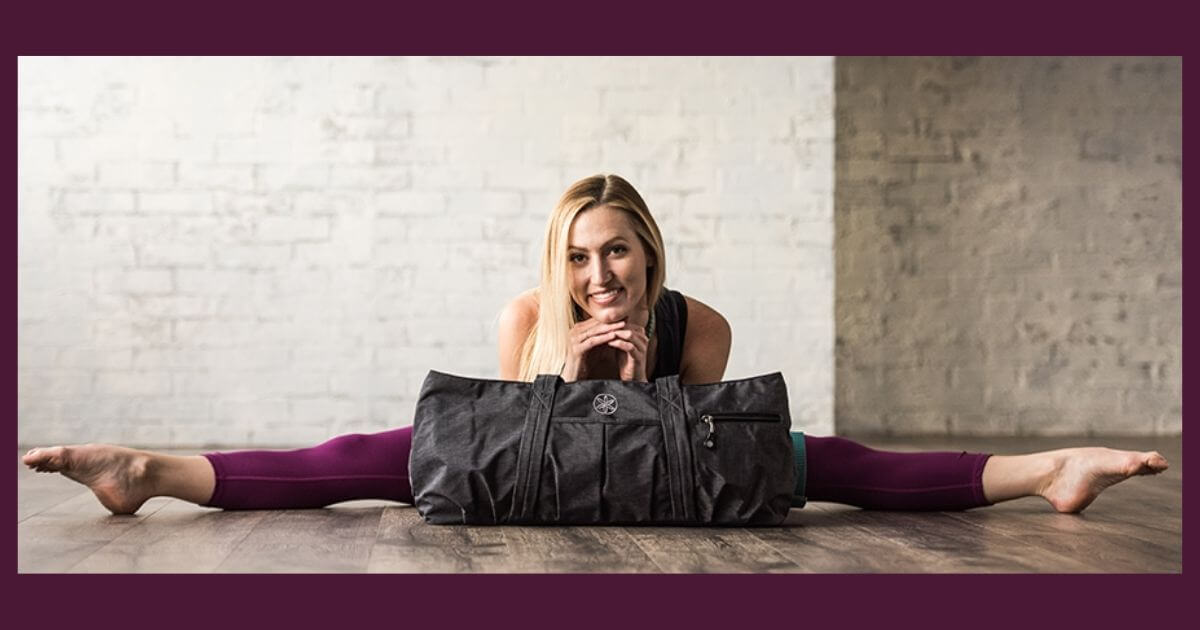Athleisure Continues to Stretch

With a recent spate of acquisitions, athleisure apparel is continuing to stretch in new directions and pose further potential for licensing.
Athleisure – roughly defined as clothing (sneakers, hoodies, jogging pants, leggings and others) designed for workouts but worn as casualwear — is forecast to grow 6.7% annually to $257.1 billion by 2026.
Acquisitions
And Wolverine World Wide’s recent acquisition of Sweaty Betty, and Levi’s deal for Beyond Yoga, bring both companies for the first time into a category already home to Lululemon, Sequential Brands’ Gaiam, Gap’s Athleta, Nike and others. Of the top athleisure brands, both Gaiam and Nike have outbound licensing programs. And Sweaty Betty introduced its first collaboration in May — a 40-piece collection with actress Halle Berry’s re-spin brand.
The shift toward athleisure, well underway pre-COVID, has “definitely been accelerated by the pandemic not just in the U.S., but on a global basis,” Levi’s CEO Chip Bergh told Women’s Wear Daily. “This further positions us as a company with a new brand in a new space.”
Athleisure is also benefitting from a consumer focus on health and wellness and a trend toward “more premium products” made with “higher-quality” materials with a greater focus on cutting-edge innovation, design and sustainability, said Wolverine President Brendan Hoffman, whose company is known for its Sperry, Merrell, Saucony and licensed CAT (Caterpillar) footwear.
Among the other developments in athleisure:
- Dick’s Sporting Goods’ licensed Calia brand for women — a venture with singer Carrie Underwood launched in 2014 – continues its success the chain’s second-best women’s brand behind Nike. It’s been given increasingly more floor space as Dick’s continues to expand its private label offerings under labels such as DSG and VRST.
The latter marks the chain’s entrance into the men’s athleisure business in 400 stores and online. It’s designed as a lifestyle driven line rather than one aimed at competing with performance gear from such labels as Under Armour and Nike.
Dick’s private label brands accounted for 14% ($1.3 billion) of Dick’s $9.58 billion in total revenue in 2020. - With the closure of its magazine and night clubs, Playboy is sharpening its focus on both its own and licensed brands, even stretching into athleisure. Among the introductions are a new Big Bunny sub-brand for apparel which will include athleisure and target an “upper tier” of distribution. The brand, an homage to the name of the late founder Hugh Hefner’s personal je, is slated to ship in the fourth quarter, focusing on Generation Z consumers as it “combines the ideals of style, travel and pleasure,” CEO Ben Kohn said as the company released earnings on Tuesday. A new collection will be introduced for each season, he said. It also has had high-end collaborations with Ameri, Color Bars, Emotionally Unavailable, DefShop and Duke + Dexter
- Beyond Yoga is expected to generate $100 million in revenue in 2022 for Levi’s. The brand more than doubled revenue the past three years; 77% of sales are done online through its own web site and wholesale partners. The sale is expected to close in the fourth quarter.
- Sweaty Betty has 65 stores in the U.K. and Hong Kong and is expected to generate about $250 million in revenue this year. The women’s activewear brand expanded into the U.S. in 2013, but closed all 12 stores during the pandemic. The brand is sold online and through Nordstrom stores in the U.S. Ecommerce accounts for about 70% of its annual sales.
- The fate of the Gaiam brand isn’t clear as financially troubled Sequential continues to labels . Sequential bought the brand in 2016 and has licensed it in an array of products including bath and personal care, yoga sport products and apparel. Sequential other brands include athletically-inclined labels such as And1 and Avia.




